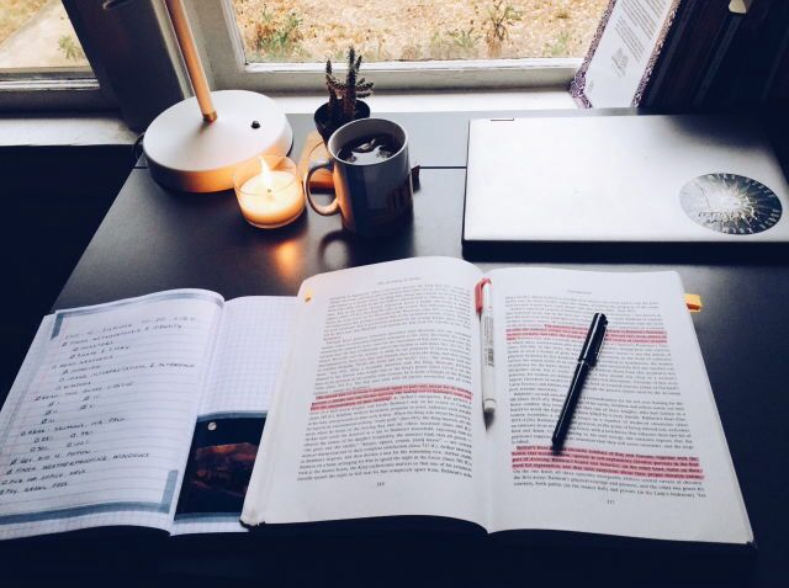School libraries were once sombre places where books were warehoused and librarians kept things in order – and quiet. With the digital revolution ongoing, school libraries are transforming into very different places. Teacher librarians, and school libraries have a pivotal role to play in 21st century education to support focused learning in Australian school libraries.
The school library is evolving into what the future of education would look like – and through that lens we are noticing amazing collaborative spaces within schools where students can come together to use materials to learn as well as develop creative projects. These spaces are being used to promote learning through play and most commonly associated with using technology to create and design.
These spaces foster play, exploration and participatory learning. They facilitate informal learning opportunities where teacher librarians and students pool their skills and knowledge and share in the tasks of teaching and learning;
The new era empowers libraries therefore to become the main focus for providing a place for students to practice skills like creative thinking and collaboration.
These new collaboration spaces will be areas for teachers as for students - to learn together.
Trends like this continue to evolve throughout the school community. And librarians will find that their function is changing to being connectors and instructors on how to use advanced technology to accumulate knowledge.
Here are four emerging trends that will redefine the idea of what a library will look like in the future and what it can do for students.
1. Greater resources
Back in my day, the microfiche was at the cutting edge of technology, but no more. According to Matthew Lynch, writing for Edweek.org, says, school libraries of the future will provide more resources in a variety of formats.
“Modern library resources include a whole range of elements, from ebooks, to academic databases, to innovative programs that allow students to explore their creative inclinations, learn new skills, and apply their learning in innovative ways” he says.
2. Learning common areas
Printed books are still important in the spectrum of learning, but digital technology allows for more mobile, instantaneous fact-finding. As a result, libraries are not needed as much for access as they are for space to encourage learning. “Instead, they [students] require a place that encourages participatory learning and allows for co-construction of understanding from a variety of sources. In other words, instead of being an archive, libraries are becoming a learning common area,” writes Beth Holland for Edutopia.org.
The learning commons idea reinforces the library’s role in the entire learning spectrum from recreational reading to research to production and sharing.
3. The expanding roles of librarians
With evolving digital and mobile technologies, the role of the librarian will evolve. Librarians will be instructing and enabling students to access a whole range of information from many sources. “They help facilitate the increasingly important global connection between students and the rest of the world, helping students connect to an authentic audience in a broader community, arranging Skype sessions from varied sources outside the school walls,” writes Elizabeth Abarbanel et al. in the online article, “The New School Library.”
4. Library automation
Gone are the old card catalogues stored in wooden cases, replaced by computer terminals. New software will allow libraries to further automate the collections of resources. “No longer just automating processes once done by hand, library systems have morphed into full-search resource portals,” writes Kathy Schrock for TechandLearning.com.
“The latest offerings typically let school librarians catalogue Web sites, add related Web links to book records and many other features that secure the position of the library media centre as the research hub of any school.”
A learning and sharing economy
A library is undoubtedly, a sharing economy. Libraries can support access to shared knowledge and services, and work to promote shared understanding. It is a place for students to learn, whatever their stage of life, a function that will become a vital component of our changing economies.
According to Meredith TenHoor, an architectural historian says libraries are poised to become all-in-one spaces for learning, consuming, sharing, creating, and experiencing all things new. She adds, there is always a place for old-fashioned paper books.
The most innovative library designs, she added, are those that don’t just conceive of books and resources but of the social and intellectual practices that develop around reading and research.
What has shifted is that libraries are increasingly tasked with accommodating a multitude of uses, of which book storage and circulation is just one.
So, the design of the library is one that creates inspiring spaces where our school learning ecosystems interact with each other to discover new learnings.
The hallmark of future school libraries will reflect our increasing reliance on social media, streaming content, and open-source data. Remarkably, the definition of the school library is already changing.
Some libraries have 3D printers and other cutting-edge tools that makes them not just places of learning, but creation.
Raeco Director, Trevor McCann says, the library will be a place to access materials, physical and virtual. This new reality is becoming increasingly important and one that’s reflected in our project designs today.
At Raeco, we see libraries as places “to create the future, not just learn about the present. Several decades from now, libraries will morph even further and Raeco will continue to play a role” says McCann.





